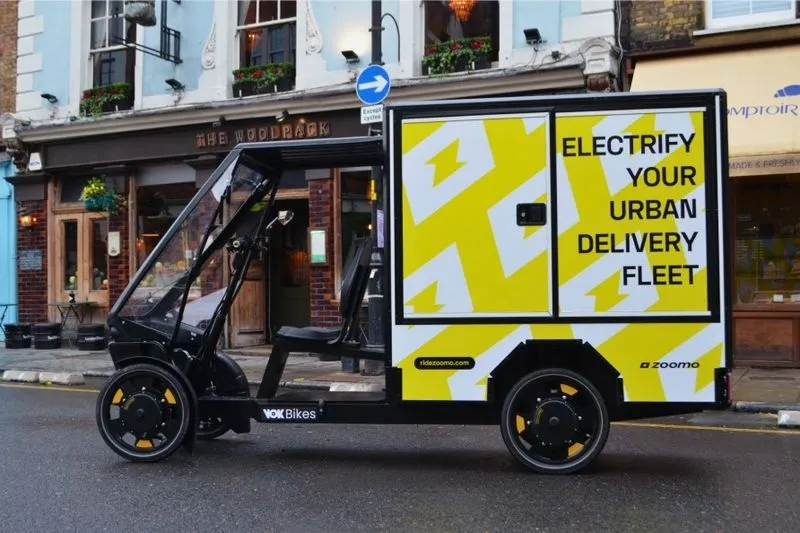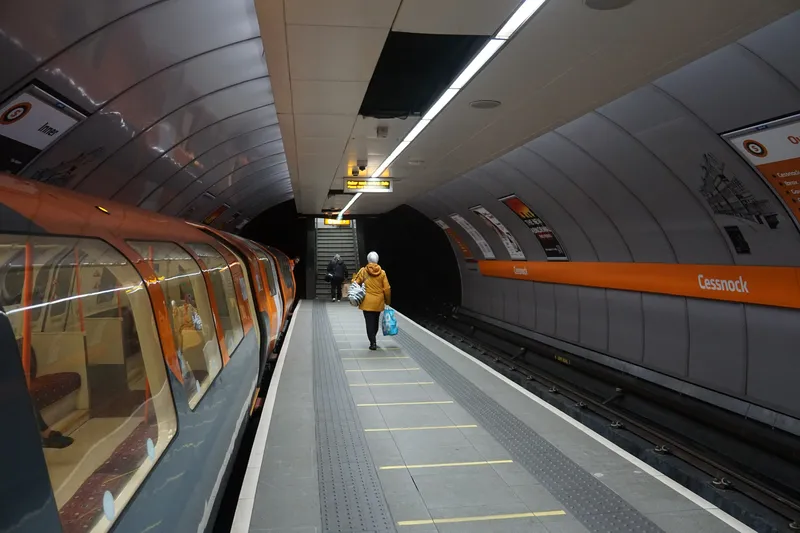
Australia-based micromobility specialist Zoomo has added Vok, a provider of automotive-grade cargo bikes, and Fernhay, a micromobility vehicle provider, to its last-mile electric fleet solutions platform.
Zoomo will offer financing for both Vok and Fernhay vehicles, with full maintenance and its advanced fleet management software which helps businesses track and maintain their delivery fleet.
Zoomo is a full-service commercial micromobility platform that encompasses light electric vehicle hardware, such as e-bikes, e-mopeds and e-cargo bikes, telematically-enabled fleet management software, a global servicing network and a finance offering.
Zoomo solutions are used by major players in urban logistics including UberEats, Doordash, JustEat Takeaway, Amazon, Deliveroo, Domino’s, FedEx, Pizza Hut, Gopuff, Getir, Flink, Purolator, Hived and Evri.
Vok develops and produces automotive grade four-wheeled electric cargo bikes used by companies and riders across Europe and the UK. Users include postal service carriers, grocery and parcel deliveries, property maintenance and handyman service providers.
Fernhay’s e-cargo vehicles, comprising the eQuad, eWalker, can navigate through narrow city streets with optimum efficiency. Users include UPS and New York City Department of Transportation.
Both Vok and Fernhay e-cargo bikes offer a 2,000-litre cargo capacity and a 200kg payload limit. They have a 250W output and can reach up to 25kph.
The latest announcement from Zoomo builds on the company’s recent introduction of electric-assisted vehicles (EAVs) to its product line-up. The company said that the rapid growth of e-commerce and the introduction of anti-car legislation in major cities, the urban logistics sector is actively exploring alternative vehicle form factors to replace traditional delivery vans.
Four-wheeled e-cargo bikes are coming out on top. This is because compared to conventional vans, e-cargo bikes offer faster urban delivery, with the potential to reduce carbon emissions by up to 90%, all the while being more cost-effective, according to the company.
It was in 2020 that Australian Bolt Bikes was rebranded as Zoomo after raising $10.6 million (A$16 million) in a funding round led by Australian government-backed Clean Energy Finance Corporation. The money was earmarked for expansion into the UK and the US.









